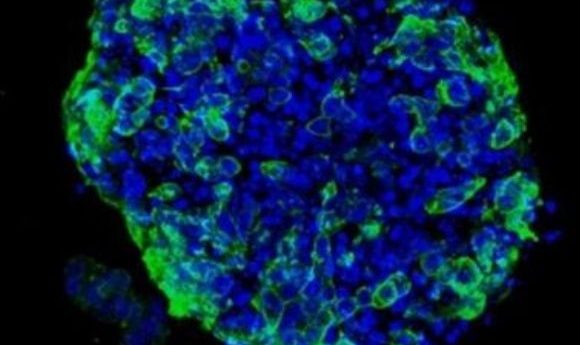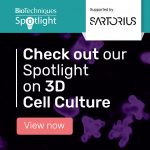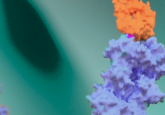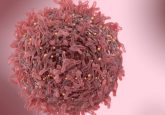Organoid breakthrough could revolutionize cancer research

A landmark epigenetic study has validated the use of organoids in cancer research. The breakthrough could have implications for the development of future cancer treatments.
A first of its kind study, led by Manel Esteller at the Josep Carreras Leukaemia Research Institute (Barcelona, Spain), has demonstrated that 3D models of tumors – known as organoids – can be utilized to characterize epigenetic changes that accumulate in cancer cells.
Often potential cancer treatments perform well in preclinical models, but the results fail to be replicated in patients. These disappointments waste both resources and patients’ time. Researchers believe that a possible reason for the late failings of some treatments is that preclinical models are often 2D established cell lines that fail to accurately reflect the 3D environment of patient’s tumors.
In recent years, the development of organoids has made it possible to more accurately model the physiological conditions of the tumor microenvironment. Moreover, organoids can be created using patient tumor samples, improving experimental specificity, and paving the way for personalized treatment options.
Two minutes with: Manel Esteller on the epigenetic validation of cancer organoids
In this interview, Esteller outlines the critical need for 3D models for cancer to be validated and, as result, more prevalent in cancer research, and documents the key findings from his recently published paper in Epigenetics.
Until now it has not been understood whether organoids accurately reflect epigenetic changes to DNA that are present in, and often specific to, an individual’s tumor.
Another impediment for the use of organoids in cancer research is that each institution has its own protocol and tissue provider, which means findings are not ubiquitous, resulting in further validation of results being halted.
In this work, 25 human cancer organoids were provided by the American Type Culture Collection (VA, USA) – a non-profit organization that distributes standard reference tissues. The organoids were examined to evaluate their utility as cancer model systems.
Interested in this piece? Click here to check out the rest of our spotlight on 3D cell culture.
It was discovered that cancer organoids retain the DNA methylation profile of the original patient sample the cells were obtained from. Additionally, the organoids were not contaminated with healthy cells, meaning the transformed malignant cells can be analyzed without the confounding influence of normal cells.
The DNA methylation results obtained by the team will now be freely available from a public database in the hope that their epigenetic information can inform further investigations.
The team would now like to expand their research to include other cancer organoids. In a recent interview with BioTechniques Esteller commented: “We would also like to determine how the epigenetic landscape of cancer organoids change if they are co-cultured with immune cells, another exciting area in cancer research.”







